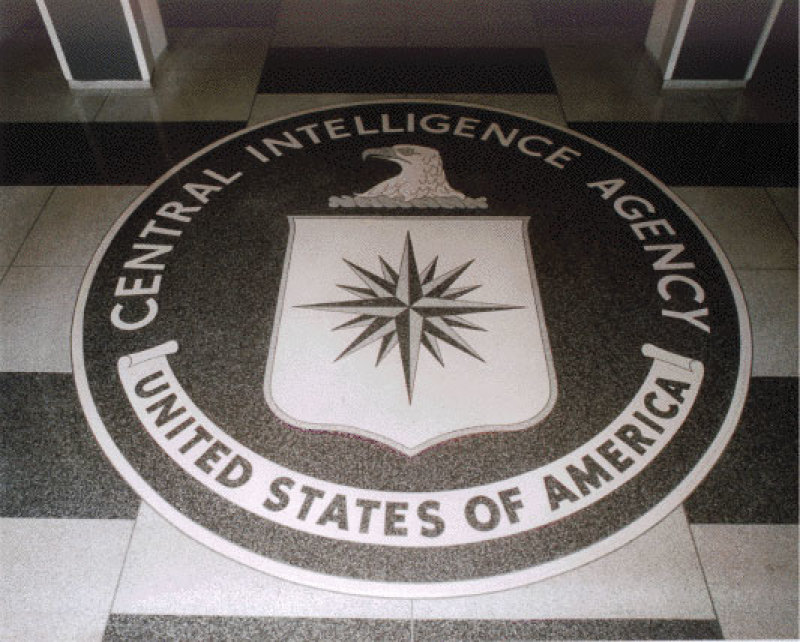

The Central Intelligence Agency has received heavy criticism for its use of brutal interrogation tactics.
The U.S. Senate released a 500 page summary of an investigative report on Tuesday that uncovered torture tactics used by the CIA after the terrorist attack on September 11, 2001. The document covers the "abuses and countless mistakes" made by the Central Intelligence Agency's detention and interrogation program from the years 2001 to 2009. Many condemn the actions, but some argue that the program was necessary for the safety of the United States.
The full report is over 6,000 pages and is based off of over 6 million CIA documents. The summary of the report is available, but the full report is classified. The released information also highlights the CIA's false reports to the White House and Congress in the past, which hid the extent of the brutal program.
According to the report, the CIA used brutal techniques to acquire information from individuals in detention; most label the actions as torturous. The validity of the information gained from the individuals is of great debate. But most importantly, the report argues that the methods used by the CIA were unnecessary and only yielded results that were attainable through other means.
"The Committee finds, based on a review of CIA interrogation records, that the use of the CIA's enhanced interrogation techniques was not an effective means of obtaining accurate information or gaining detainee cooperation," the report states.
The report also states that most of the information gained from prisoners was "fabricated."
"While being subjected to the CIA's enhanced interrogation techniques and afterwards, multiple CIA detainees fabricated information, resulting in faulty intelligence. Detainees provided fabricated information on critical intelligence issues, including the terrorist threats which the CIA identified as its highest priorities."
Details of the torture are also found in the summary. The detainees, 119 were in the program, were tortured by: waterboarding, sleep deprivation, stress positions, nudity, and threats. Illustrations of the torture are pervasive; an example is of prisoner Abu Ja'far al-Iraqi.
"He was shackled in the standing position for 54 hours as part of sleep deprivation and experienced swelling in his lower legs requiring blood thinner and spiral ace bandages. He was moved to a sitting position, and his sleep deprivation was extended to 78 hours. After the swelling subsided, he was provided with more blood thinner and was returned to the standing position," states the report.
"The sleep deprivation was extended to 102 hours. After four hours of sleep, Abu Ja'far al-Iraqi was subjected to an additional 52 hours of sleep deprivation, after which CIA headquarters informed interrogators that eight hours was the minimum rest period between sleep deprivation sessions exceeding 48 hours."
One detainee suffered at least 183 cases of waterboarding. Detainees were also threatened to have their relatives sexually abused in front of them. Another prisoner died of hypothermia after he was chained to a concrete floor; he was forced to wear only a sweater.
The Director of CIA, John Brennan, believes that the claims made about the value of the program are wrong.
"The intelligence gained from the program was critical to our understanding of al Qaeda continues to inform our counterterrorism efforts to this day," he told CNN.
Other politicians have weighed in on the report. President Barack Obama responded to the report's release in a statement.
"Our intelligence professionals are patriots, and we are safer because of their heroic service and sacrifices," he stated in the beginning of his speech.
He then denounced the brutality of the CIA's detention program. "These harsh methods were not only inconsistent with our values as nation, they did not serve our broader counterterrorism efforts or our national security interests," said the President.



















